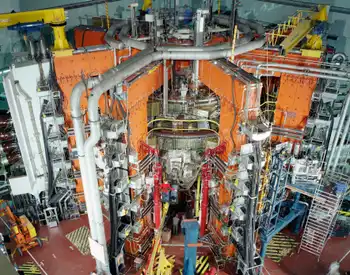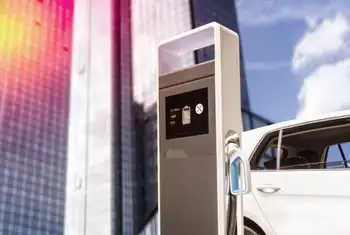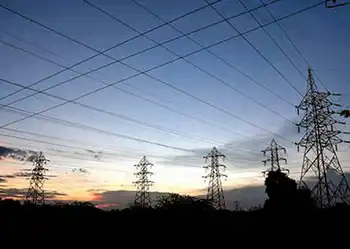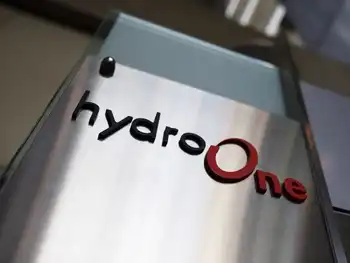Scientific breakthrough in rechargeable batteries
By Hydro-Québec
NFPA 70e Training
Our customized live online or in‑person group training can be delivered to your staff at your location.

- Live Online
- 6 hours Instructor-led
- Group Training Available
Researchers from Singapore’s Institute of Bioengineering and Nanotechnology IBN of A*STAR and Quebec’s IREQ Hydro-Québec’s research institute have synthesized silicate-based nanoboxes that could more than double the energy capacity of lithium-ion batteries as compared to conventional phosphate-based cathodes. This breakthrough could hold the key to longer-lasting rechargeable batteries for electric vehicles and mobile devices.
“IBN researchers have successfully achieved simultaneous control of the phase purity and nanostructure of Li2MnSiO4 for the first time,” said Professor Jackie Y. Ying, IBN Executive Director. “This novel synthetic approach would allow us to move closer to attaining the ultrahigh theoretical capacity of silicate-based cathodes for battery applications.”
“We are delighted to collaborate with IBN on this project. IBN’s expertise in synthetic chemistry and nanotechnology allows us to explore new synthetic approaches and nanostructure design to achieve complex materials that pave the way for breakthroughs in battery technology, especially regarding transportation electrification,” said Dr. Karim Zaghib, Director – Energy Storage and Conservation at Hydro-Québec.
Lithium-ion batteries are widely used to power many electronic devices, including smart phones, medical devices and electric vehicles. Their high energy density, excellent durability and lightness make them a popular choice for energy storage. Due to a growing demand for long-lasting, rechargeable lithium-ion batteries for various applications, significant efforts have been devoted to improving the capacity of these batteries. In particular, there is great interest in developing new compounds that may increase energy storage capacity, stability and lifespan compared to conventional lithium phosphate batteries.
The five-year research collaboration between IBN and Hydro-Québec was established in 2011. The researchers plan to further enhance their new cathode materials to create high-capacity lithium-ion batteries for commercialization.











